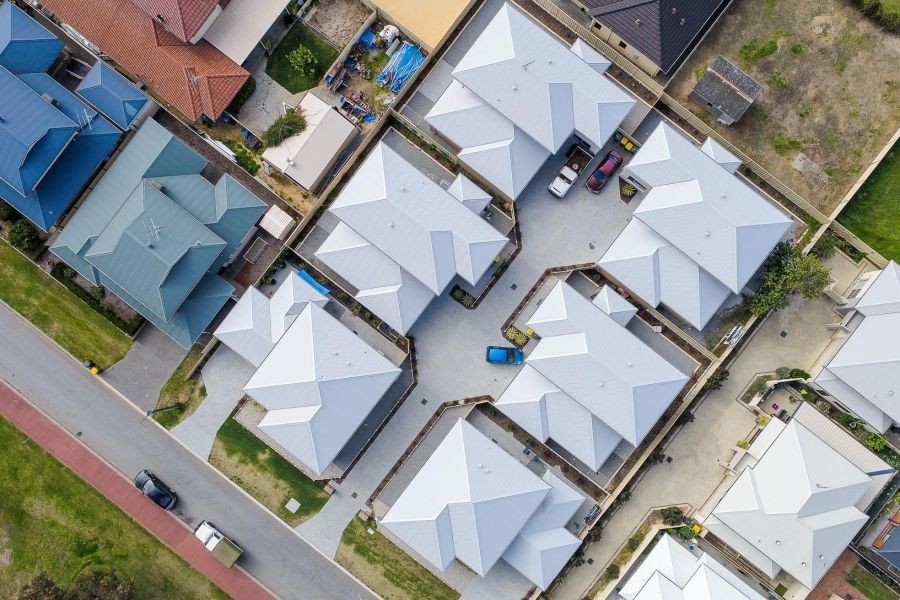In recent years, the Australian automotive landscape has witnessed a noticeable shift. Once an aspiration exclusive to the affluent, luxury cars are now increasingly seen in suburban driveways, prompting a pertinent question: Are luxury cars becoming the new status symbol for middle-class Australians? This trend, driven by affordable financing options and changing consumer values, is reshaping the Australian middle-class identity.
The Rise of Luxury Cars Among the Middle Class
Historically, luxury cars in Australia were predominantly associated with wealth and status. However, the scenario is rapidly evolving. According to the Australian Bureau of Statistics (ABS), the sales of luxury vehicles saw a 12% increase in 2023, compared to a modest 3% increase in the overall car market. This shift signals a growing demand among middle-class consumers.
Why Luxury Cars? Understanding the Appeal
Several factors contribute to this trend. Firstly, the availability of competitive financing options has made luxury cars more accessible. Secondly, there is a cultural shift in values where experiences and tangible symbols of success have become more significant. The Reserve Bank of Australia (RBA) reports that consumer confidence is on the rise, encouraging bigger, more aspirational purchases.
Economic Context: Australia’s Affluent Middle Class
Australia’s economy, characterized by its resilience and strong growth, plays a vital role in this trend. With a robust GDP growth rate and rising disposable incomes, the middle class is expanding its purchasing power. Moreover, the Australian government's policies to stimulate economic growth have further boosted consumer confidence.
Data-Driven Insight: Financing and Affordability
According to a report by Treasury AU, over 40% of luxury car buyers in Australia utilize financing options, indicating a shift from outright purchases to affordable monthly payments. This approach has democratized luxury, allowing more middle-class Australians to indulge without compromising their financial stability.
Case Study: The Audi Phenomenon in Australia
Case Study: Audi Australia – Capturing the Middle-Class Market
Problem: Audi was initially perceived as a luxury brand beyond the reach of the average Australian consumer.
- The company faced challenges in penetrating the broader market, leading to stagnant sales figures.
- Industry data showed a growing middle class with an appetite for luxury but constrained by budget limits.
Action: Audi Australia implemented strategic financing plans and introduced models with enhanced features at competitive prices.
- They leveraged targeted marketing campaigns emphasizing affordability without compromising luxury.
- The launch of new models catered specifically to the tastes and needs of the middle class.
Result: Within two years, Audi saw a significant market penetration.
- Sales increased by 25% in the middle-class segment.
- Brand perception improved, making luxury accessible yet aspirational.
- Customer retention rates increased by 40%, showcasing long-term loyalty.
Takeaway: Audi's success highlights the importance of tailored financial solutions and strategic marketing in capturing the middle-class market. Australian businesses can draw insights to make luxury accessible yet desirable, ensuring growth in a competitive market.
Pros and Cons of Luxury Car Ownership
While the allure of luxury cars is undeniable, prospective buyers must weigh the benefits against potential drawbacks.
✅ Pros:
- Enhanced Status: Ownership often signals success and sophistication.
- Advanced Features: Luxury vehicles come equipped with cutting-edge technology and superior comfort.
- Resale Value: Many luxury cars maintain a high resale value compared to standard vehicles.
- Safety: Luxurious brands often lead in safety innovations, providing peace of mind.
❌ Cons:
- Higher Initial Costs: Despite financing, the upfront costs can be significant.
- Maintenance Expenses: Luxury cars often incur higher maintenance and repair costs.
- Depreciation: While resale values are generally good, luxury cars still depreciate rapidly compared to other assets.
- Insurance Premiums: Insurance rates for luxury vehicles can be considerably higher.
Common Myths About Luxury Car Ownership
Myth vs. Reality
Myth: Only the wealthy can afford luxury cars.
Reality: With financing options, a significant portion of luxury car buyers are middle-class Australians (Source: ABS).
Myth: Luxury cars are not practical for daily use.
Reality: Modern luxury cars are designed for everyday comfort and efficiency, making them practical for daily commutes (Source: Car Advice AU).
Future Trends: What Lies Ahead?
Looking forward, the integration of technology and sustainability in luxury vehicles will redefine what it means to own one. The Commonwealth Scientific and Industrial Research Organisation (CSIRO) predicts that by 2030, half of all luxury vehicles sold in Australia will be electric, reflecting a growing environmental consciousness among consumers.
Predictions:
- By 2025, the luxury car segment in Australia is expected to grow by 15%, driven by technological advancements and environmental awareness.
- Hybrid and electric luxury vehicles will dominate the market, appealing to eco-conscious consumers.
- Innovative car-sharing models will emerge, making luxury cars accessible without ownership.
Conclusion: The Road Ahead
As the middle class continues to embrace luxury cars as status symbols, the automotive industry in Australia is set to undergo significant transformations. With strategic financing, technological innovations, and a focus on sustainability, luxury cars are poised to become an integral part of the middle-class lifestyle. For potential buyers, understanding the pros and cons, debunking myths, and staying informed about future trends will be crucial in making informed purchasing decisions.
What do you think? Are you considering a luxury car for your next purchase? Share your thoughts and experiences below!
People Also Ask
- How does the trend of luxury cars impact the Australian economy? The rising demand for luxury cars boosts local dealerships and creates jobs, contributing positively to the economy.
- What are the biggest misconceptions about luxury cars? One common myth is that luxury cars are only for the wealthy. However, financing options have made them accessible to the middle class.
- What future changes could affect luxury car ownership in Australia? The shift towards electric vehicles will significantly impact luxury car ownership, with increased emphasis on sustainability and innovation.
Related Search Queries
- Luxury car financing in Australia
- Top luxury car brands in Australia
- Middle-class luxury car ownership
- Luxury car market trends Australia 2025
- Electric luxury cars Australia
- Luxury car insurance costs in Australia
- Best luxury vehicles for Australian roads
- Impact of luxury cars on Australian economy
- Luxury car maintenance tips
- Future of luxury cars in Australia
































DanelleSam
10 days ago